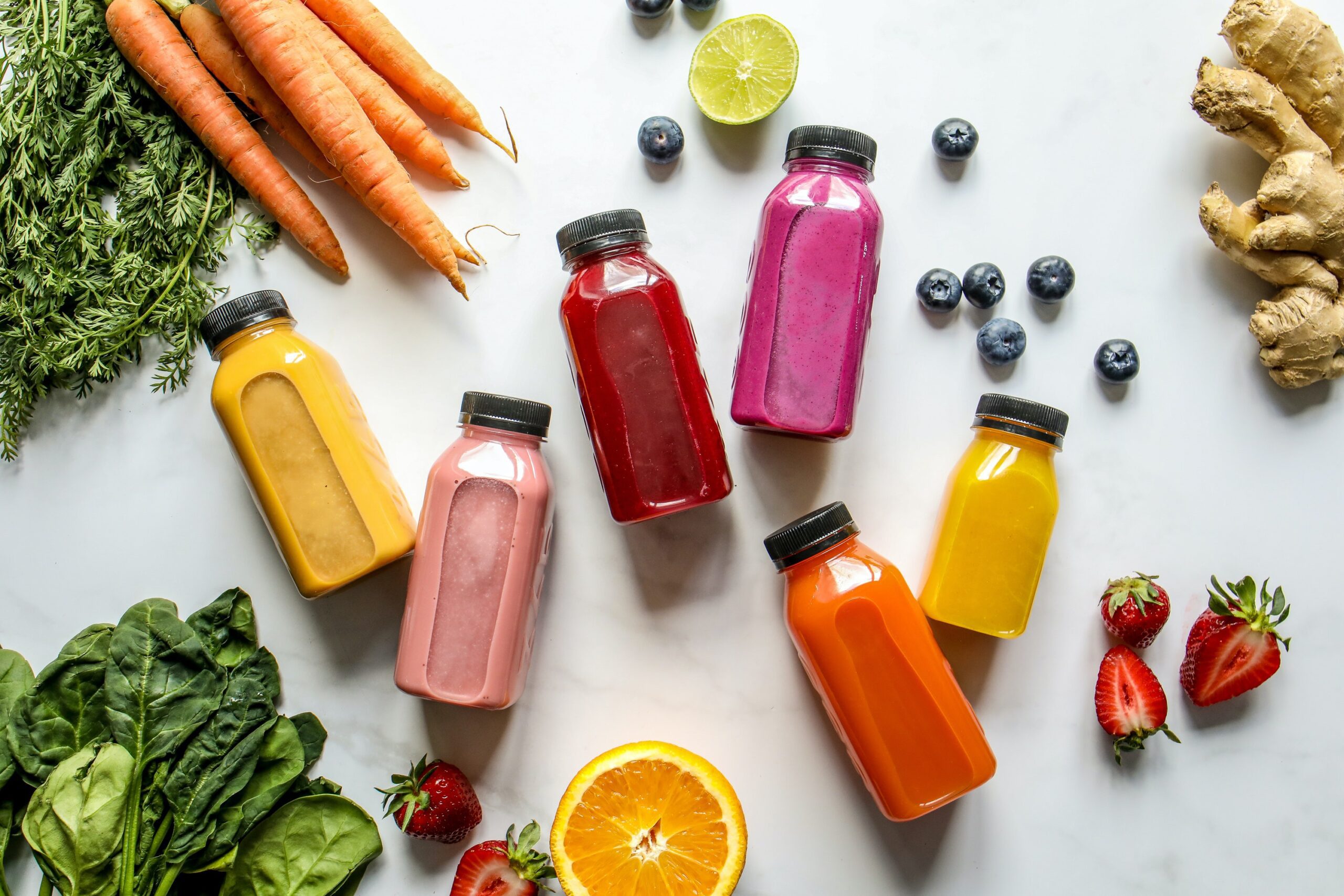Vitamin A Deficiency – Vitamin A supports vision, immunity and skin health. It is very important for night vision, certain types of cancer, severe acne, psoriasis, wrinkles, dry skin, sunburn etc. This vitamin helps in the preparation of pregnancy as well as in the development of the baby during pregnancy.
What is Vitamin A?
Vitamin-A is a fat-soluble vitamin that plays a crucial role in maintaining various aspects of health in the human body. It is essential for several bodily functions, including:
- Vision: Vitamin A is a key component of the light-sensitive pigments in the retina of the eye. It is essential for good vision, especially in low-light conditions.
- Immune System: Vitamin A helps support the immune system, making it more effective in fighting infections and illnesses.
- Skin Health: It contributes to the health and maintenance of skin tissues, helping to keep the skin moist and functioning as a barrier against harmful microorganisms.
- Growth and Development: Vitamin A is important for the growth and development of various bodily tissues, including bones and teeth.
- Reproduction: It plays a role in the reproductive system by supporting healthy sperm and egg development.
- Cell Communication: Vitamin A is involved in cell-to-cell communication, which is crucial for various bodily processes.
There are two primary sources of vitamin A:
- Preformed Vitamin A: Found in animal-based foods such as liver, fish, and dairy products. This type is already in its active form and can be readily used by the body.
- Provitamin A Carotenoids: Found in plant-based foods like carrots, sweet potatoes, and leafy green vegetables. The body converts these compounds into active vitamin A.
Vitamin-A deficiency can lead to a range of health problems, including vision issues, weakened immune function, and skin conditions. Conversely, excessive intake of vitamin A can be harmful, so it’s important to maintain a balanced diet and consult with a healthcare professional if you have concerns about your vitamin A levels.
What are the Health Benefits of Vitamin A?
This vitamin provides natural benefits for the skin and improves eyesight. It is also an antioxidant, which boosts the body’s immunity. Vitamin-A helps cells perform important functions, including promoting a healthy pregnancy.
For example, it may be difficult to compensate for its deficiency during certain life stages such as pregnancy.
Vitamin A is included in these foods.
Vitamin A sources include a variety of vegetables, fruits, whole grains, fat-free or low-fat milk and milk products, and oils. Many fruits, vegetables, and dairy products are good sources of vitamin-A.
Liver
Apart from supplements, the liver is the main source of vitamin-A. A one- to three-ounce serving of cooked liver contains as much as 6,600 mcg of vitamin-A, more than 700 percent of your daily requirement. This vitamin has such an effective effect on the liver that it is generally advised not to eat liver more than once a week to avoid overconsumption of this vitamin.
Dairy products
In general, dairy products are an excellent source of vitamin A on their own. Many types of dairy products are actually fortified foods with added vitamins.
Sweet Potatoes
A whole sweet potato contains 1400 mcg in its skin. That’s more than 150% of your daily needs in a single serving. For people who eat plant-based diets, this sweet potato is a priceless gift.
Spinach
Eating spinach is the reason why it is known as a nutritional powerhouse. A half-cup serving of spinach contains more than 570 mcg of vitamin A. Whether you’re eating it raw, in a smoothie, or cooked into a dish, spinach is a great source of fiber and vitamins at the same time.
Carrots
Like many other foods, carrots are an excellent source of beta-carotene. Half a cup of raw carrots contains more than 450 mcg of vitamin-A. This is why carrots are considered important for your eyesight.
Yellow Pumpkin
Yellow pumpkin contains vitamin-A, but when it comes to this nutrient, pumpkin is king. One slice of pumpkin pie can contain 480 mcg of vitamin-A, more than half of your daily requirement.
Black pepper
When it comes to vitamin A, the color of the chili in the food is very important. Red peppers contain significant amounts of this vitamin, with about 120 mcg per half cup. Green pepper, on the other hand, only contains 18 mcg. Replace the food coloring by using black pepper in your diet as it has great nutritional benefits.
White Melon
White Melon is an important nutrient source of this vitamin. It is always eaten with gusto, so adding some of this melon to your diet can boost your vitamin intake. Half a cup of cantaloupe contains 135 mcg of vitamin A per serving.
Vitamin A
has its own unique health functions, but it is important to consume these foods for proper absorption and optimal health benefits. Eating a healthy, well-balanced diet can usually provide all the vitamins a person needs.
People can treat and prevent vitamin-A deficiency by increasing the amount of vitamin-A-rich foods in their diet or by taking vitamin supplements. Be sure to consult a doctor before taking any supplements.
Vitamin A Deficiency Vitamin A Deficiency Vitamin A Deficiency Vitamin A Deficiency Vitamin A Deficiency Vitamin A Deficiency Vitamin A Deficiency Vitamin A Deficiency Vitamin A Deficiency


